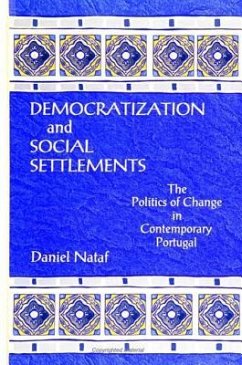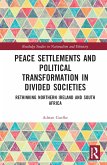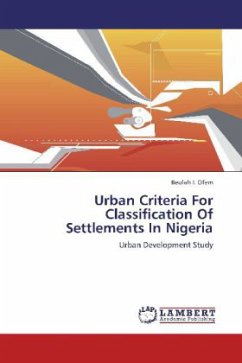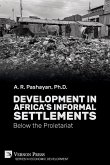Examines the transition to, and consolidation of, democracy in Portugal following the revolutionary events of 1975, during a period of major changes in socioeconomic structure. Nataf emphasizes that not only political institutions but also the fabric of social relations were uprooted, and he compares the Portuguese case to other models of European democratization and postwar settlements. This book examines the transition and consolidation phases of Portugal's democratization. Unlike more incremental types of democratization, the Portuguese case involved "expanded" democratization in which not only were political institutions replaced but the fabric of social relations uprooted. This resulted in a period of dishegemony in which the policy paradigm was uncertain and highly susceptible to political events and government initiatives. By the late 1980s, a tentative social settlement was established that drew partly from neocorporatist and partly from conflict models of European society. Nataf relies on diverse materials including government statistics; business, trade union, and party documents; and electoral, census, and survey materials to substantiate his interpretation of the political and social consensus emerging throughout the 1980s. He uses the Portuguese experience to generate a typology of forms of democratization and then applies this analysis to the post-communist world.
Bitte wählen Sie Ihr Anliegen aus.
Rechnungen
Retourenschein anfordern
Bestellstatus
Storno








